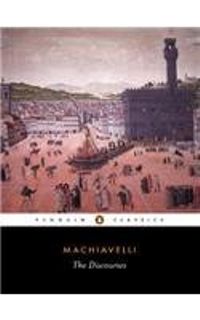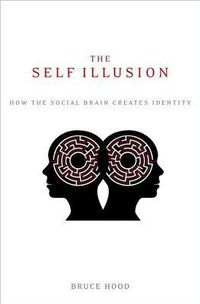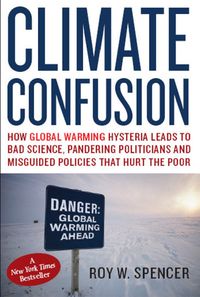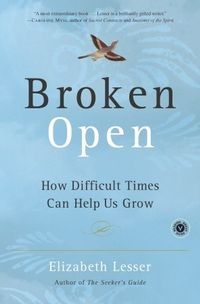
The Discourses
A Philosophy, Nonfiction, History book. Everything that occurs in the world, in every epoch, has something...
Few figures in intellectual history have proved as notorious and ambiguous as Niccolo Machiavelli. But while his treatise The Prince made his name synonymous with autocratic ruthlessness and cynical manipulation, The Discourses (c.1517) shows a radically different outlook on the world of politics.In this carefully argued commentary on Livy's history of republican Rome, Machiavelli proposed a system of government that would uphold civic freedom and security by instilling the virtues of active citizenship, and that would also encourage citizens to put the needs of the state above selfish, personal interests. Ambitious in scope, but also clear-eyed and pragmatic, The Discourses creates a modern theory of republic politics. Leslie J. Walker's definitive translation has been revised by Brian Richardson and is accompanied by an introduction by Bernard Crick, which illuminates Machiavelli's historical context and his new theories of politics. This edition also includes suggestions for further reading and notes.
Download or read The Discourses in PDF formats. You may also find other subjects related with The Discourses.
- Filetype: PDF
- Pages: 544 pages
- ISBN: 9780140444285 / 0
H1jrVvKutDW.pdf
More About The Discourses
For a Monarchy readily becomes a Tyranny, an Aristocracy an Oligarchy, while a Democracy tends to degenerate into Anarchy. So that if the founder of a State should establish any one of these three forms of Government, he establishes it for a short time only, since no precaution he may take can prevent it from sliding into its contrary, by reason of the close resemblance which, in this case, the virtue bears to the vice. Niccol Machiavelli, Discourses on the First Decade of Titus Livius Considering thus how much honor is awarded to antiquity, and how many timesletting pass infinite other examplesa fragment of an ancient statue has been bought at high price because someone wants to have it near oneself, to honor his house with it, and to be able to have it imitated by those who delight in that art, and how the latter then strive with all industry to represent it in all their works; and seeing, on the other hand, that the most virtuous works the histories show us, which have been done by ancient kingdoms and republics, by kings, captains,... Whether this has ever happened I know not, nor whether it ever can happen. For we see, as I have said a little way back, that a city which owing to its pervading corruption has once begun to decline, if it is to recover at all, must be saved not by the excellence of the people collectively, but of some one man then living among them, on whose death it at once relapses into its former plight; as happened with Thebes, in which the virtue of Epaminondas made it possible while he lived to preserve the form of a free Government, but which fell again on his...
Mostly discusses the benefits and management of a democratic state. A significantly more moral read than The Prince. Makes the argument that despite the sentiment popular in the 1500s, rule by the masses, while imperfect, is preferable to autocratic rule. It his belief that democracies that fail become anarchies, but current experience... The common wisdom goes that Machiavelli's discourses present to the reader the author's republican side, whereas The Prince was more aimed at the 'godlike rulers' - indeed, under the cover of a commentary of Livy, one of the foremost classical text of Roman origin, Nicolo takes us on a journey not unlike the one he proposed to the reader... Yes, you had to read The Prince, because your professor had to fit something of Machiavelli's into the class, and so she chose the shortest of his works to keep the students bitching to a minimum. The Prince represents a small subset of Machiavelli's concept of government. The recommendations from The Prince are a necessary evil that...











